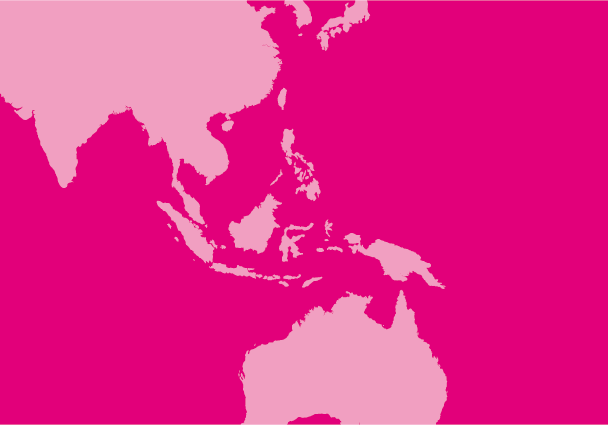
Dec 19, 2014 | News
The Nepal government should ensure more victim participation and improve transparency when selecting candidates for two independent commissions on the country’s decade-long conflict, the ICJ and other groups said today.
The ICJ, Amnesty International, Human Rights Watch and five local human rights and conflict-era victims groups sent an open letter to Prime Minister Sushil Koirala.
The groups, reiterating concerns about the act, said Koirala should narrow the scope of the amnesty powers vested in the commissions and bring them in line with international standards.
The Truth and Reconciliation Commission and the Commission on Enforced Disappearances are being established under a 2014 law, the Commission on Investigation of Disappeared Persons, Truth and Reconciliation Act, 2071 (TRC Act).
“A consultative and transparent process for selecting commissioners is critical if the commissions are going to win the trust of conflict-era survivors as well as local and international observers,” the rights groups said in their letter. “The TRC Act is fundamentally flawed, and the government should take these steps to ensure that this important exercise in transitional justice remedies the flaws.”
Contact:
Sam Zarifi, ICJ Asia Pacific Regional Director (Bangkok), t: +66 807819002; email: sam.zarifi(a)icj.org
Nepal-TRCCommission-Advocay-Open Letter-2014-ENG (full text in PDF)
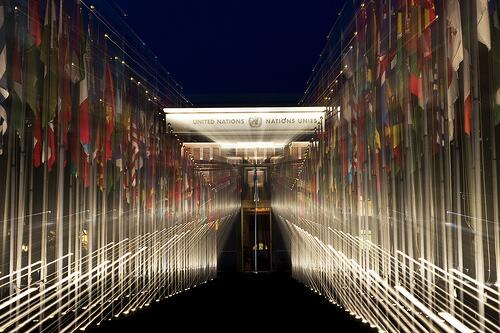
Sep 26, 2014 | News
As the UN Human Rights Council approached the conclusion of its 27th regular session tonight, it adopted resolutions including on the topics of violence and discrimination on the basis of sexual orientation or gender identity and the protection of civil society space.
The resolutions on civil society space, and on non-violence and non-discrimination on grounds of sexual orientation or gender identity, were adopted after a series of hostile amendments were defeated.
The resolution on sexual orientation and gender identity, led by Brazil, Chile, Colombia and Uruguay, recognizes the worldwide problem of violence and discrimination, and builds on a resolution on the same subject from 2011. It calls for the High Commissioner for Human Rights to update the report produced under the 2011 resolution.
The States that supported the resolution on sexual orientation and gender identity overcame a series of amendments brought by Congo, Djibouti, Egypt, Malaysia, Nigeria, South Sudan, Uganda, and United Arab Emirates. The amendments would have among other things deleted all references to sexual orientation and gender identity from the resolution text, fundamentally changing its purpose, and perpetuating a complete denial of the very real violence and discrimination inflicted on lesbian, gay, bisexual, transexual and intersex people in all regions of the world.
The civil society space resolution, which was led by Chile, Ireland, Japan, Sierra Leone, Tunisia, draws on discussions at a Panel convened by the Council earlier in the year. It affirms the valuable contribution made by civil society in countries around the world, expresses concern about the threats and challenges faced by civil society, and requests the High Commissioner for Human Rights to produce practical recommendations for addressing these threats and concerns.
The texts of the resolutions (in the final draft form on which they were adopted – the official final versions are not yet available) are available here: Civil Society Resolution Sexual Orientation Gender Identity Resolution
A joint NGO press release on the resolution on sexual orientation and gender identity is available here.
The ICJ maintains databases of jurisprudence, legislation and UN action on the topic of sexual orientation and gender identity.
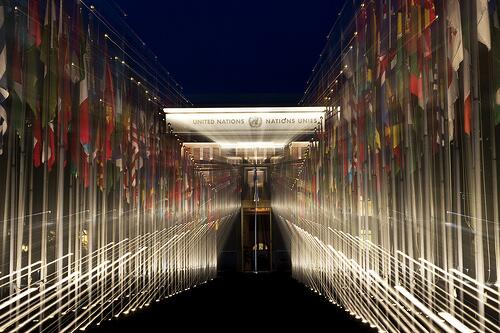
Sep 12, 2014 | Advocacy, Non-legal submissions
The Colombian Commission of Jurists, an ICJ affiliate, delivered an oral statement during the Interactive Dialogue with the UN Special Rapporteur on Truth, Justice, Reparations and Guarantees of Non-recurrence, and the Working Group on Arbitrary Detention, at the Human Rights Council.
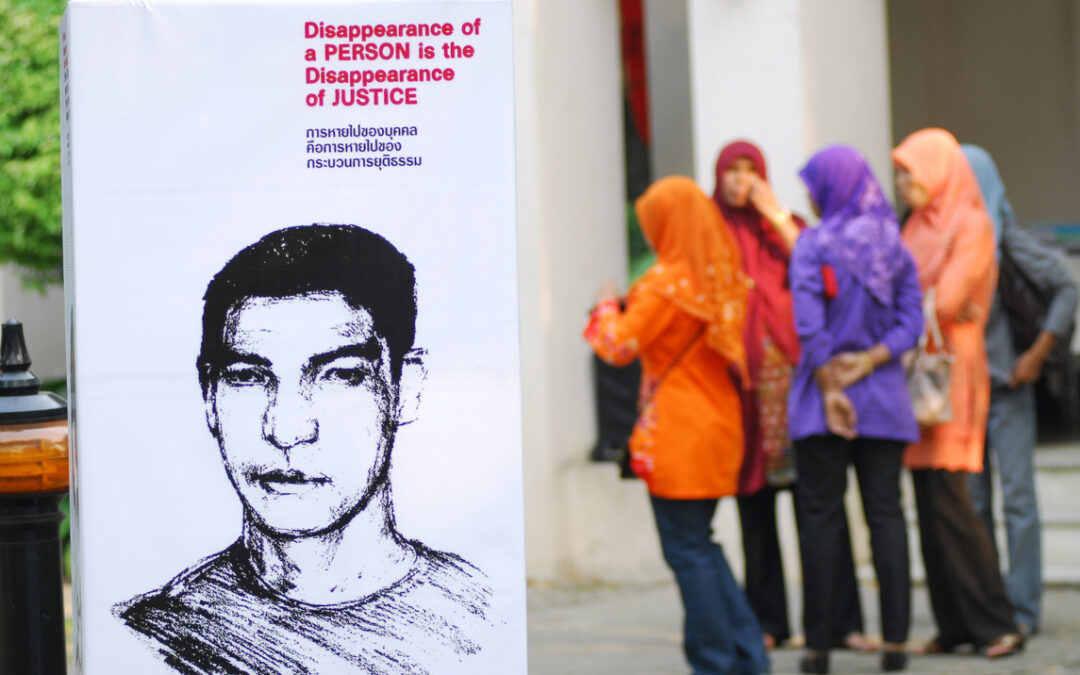
Apr 17, 2014 | News
Nepali legislators should reject problematic provisions of the proposed Truth and Reconciliation Commission (TRC) bill introduced in parliament on April 9, 2014, said Amnesty International, Human Rights Watch, and the ICJ.
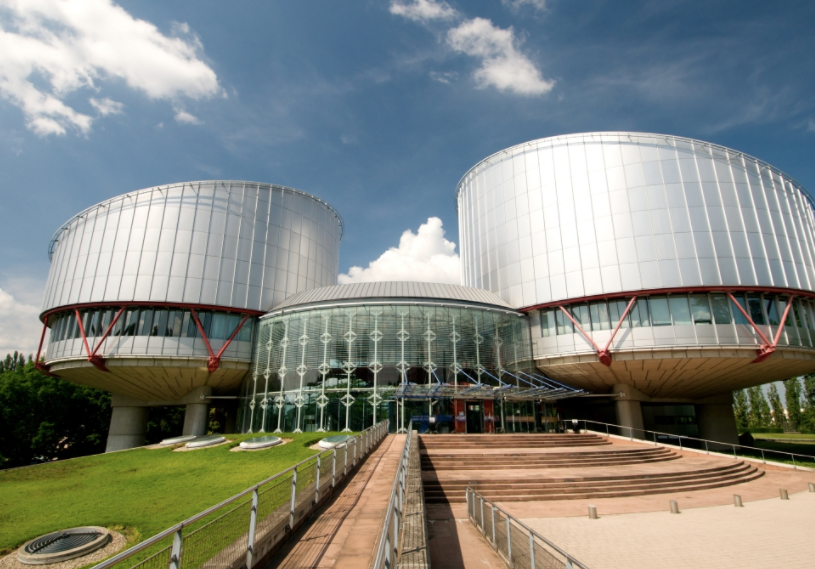
Mar 18, 2013 | Advocacy, Cases, Legal submissions
 The ICJ and Amnesty International presented a third party intervention in the case Al Nashiri v Romania before the European Court of Human Rights.
The ICJ and Amnesty International presented a third party intervention in the case Al Nashiri v Romania before the European Court of Human Rights.
In the third party intervention, the ICJ and AI outlined developments on the prohibition of arbitrary deprivation of liberty as a rule of customary international law; on the knowledge imputable to Contracting Parties at relevant times; on the duty to investigate credible allegations of human rights violations and the right to truth; and on the evidential approach to enforced disappearances.
AlNashiri_v_Romania-ICJAIJointSubmission-ECtHR-final (download the third party intervention










